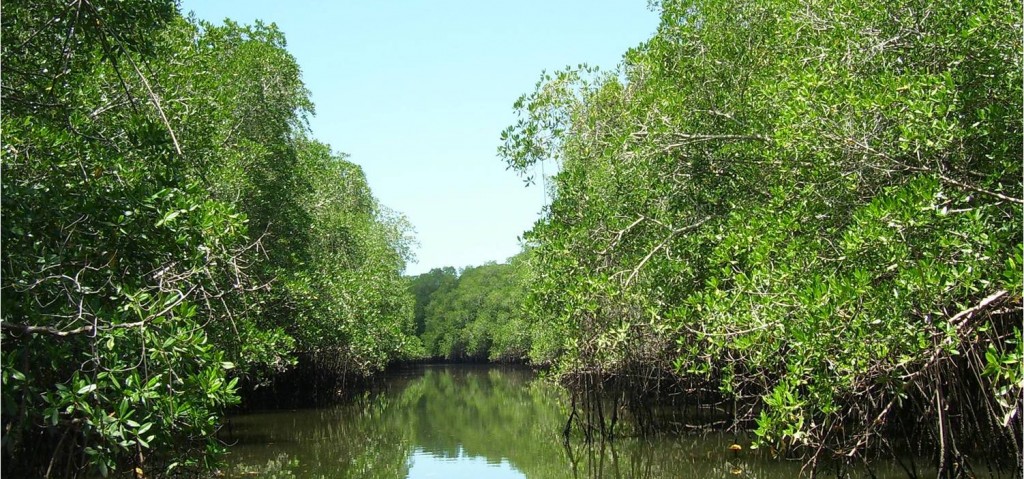
EcoViva: The top five reasons we must fight to protect mangrove ecosystems
By AdministratorEcoViva is a multiple-time recipient of our Humanist Grants program. They received a quarterly Humanist Grant in 2015, a game-changing Compassionate Impact Grant in 2017, and are our current Natural World grantee for Q1 2021. These grants support their community-based approach to mangrove restoration and preservation in El Salvador. The team at Foundation Beyond Belief is persuaded not just by EcoViva’s data-driven approach and careful project design, but also by the importance of mangrove ecosystems, which are disappearing three to five times faster than the rate of global forest loss and which sequester three to five times more carbon than rainforests. Let’s take a closer look at the value of these vital ecosystems!
As EcoViva’s work demonstrates, there are many reasons we should preserve mangrove ecosystems. Here are our top five:
1. Carbon storage. Mangroves sequester carbon at a rate two to four times greater than tropical forests and store three to five times more carbon. This means that conserving and restoring mangroves is essential to fighting climate change. At the same time, mangroves are vulnerable to climate change as sea level rise pushes ecosystems inland.
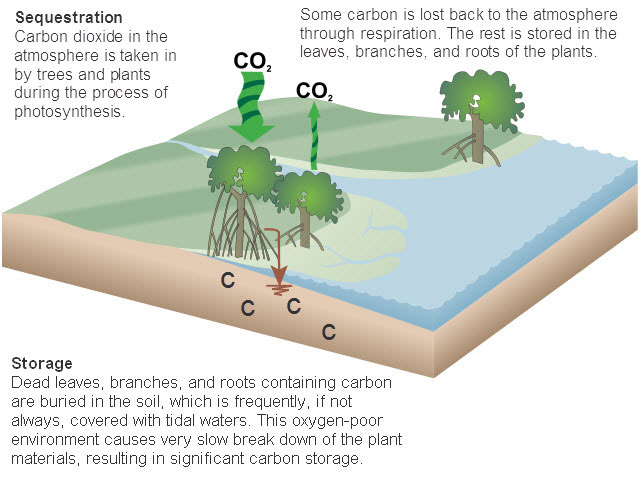
2. Coastal defense. Mangroves are the first line of defense for coastal communities. They stabilize shorelines by slowing erosion and provide natural barriers protecting coastal communities from increased storm surge, flooding, and hurricanes. In 2003, it was estimated that a quarter of the world’s population lived within 100 kilometers of the coast and at 100 meters of sea level. Robust mangrove forests are natural protection for communities vulnerable both to sea level rise and the more intense and frequent weather events caused by climate change.
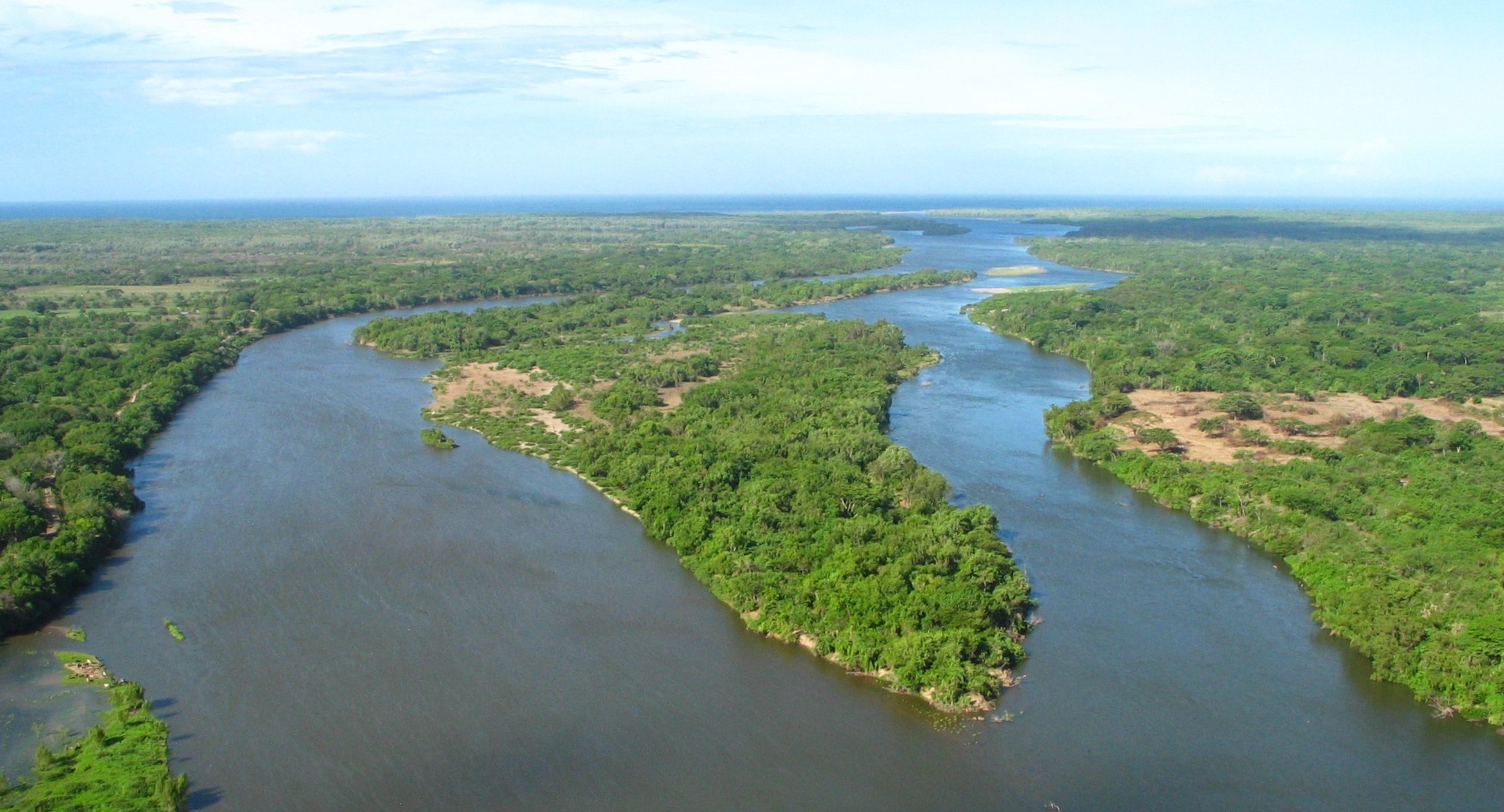
3. Water. Mangroves are essential to maintaining water quality. With their dense network of roots and surrounding vegetation, they filter and trap sediments, heavy metals, and other pollutants. This ability to retain sediments flowing from upstream prevents contamination of downstream waterways and protects sensitive habitats like coral reefs and seagrass beds below.
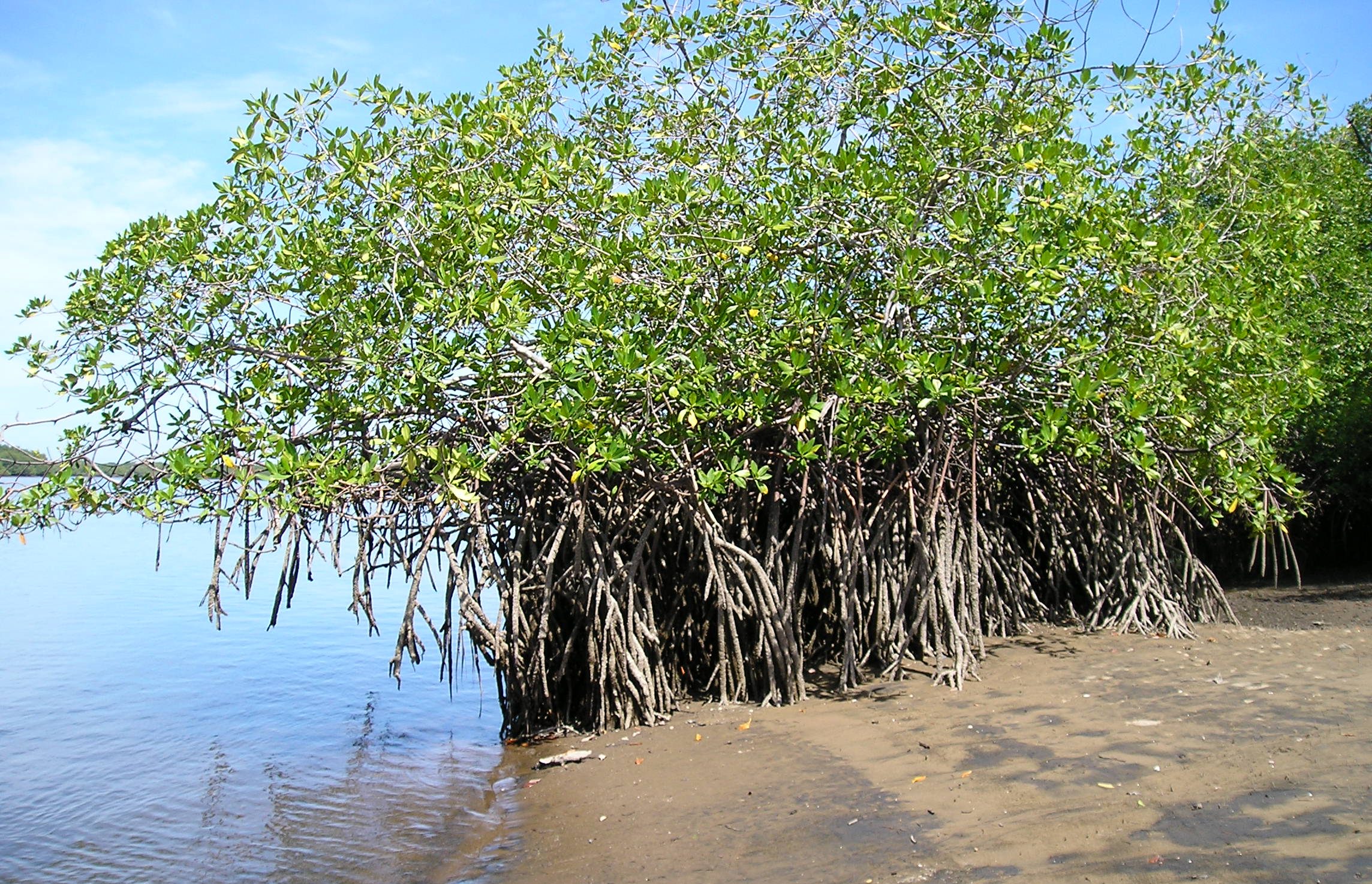
4. Livelihoods. The rural communities EcoViva works with are fishers and farmers who depend on their natural environment to provide for their families. Healthy mangrove ecosystems mean healthy fisheries from which to fish, and healthy land on which to farm. Since 2011, EcoViva has worked with communities to define and implement Local Plans for Sustainable Use (PLAS, by its Spanish acronym) to regulate the use of natural resources like fish, clams, and crabs, and ensure that future generations will be able to count on these same resources.
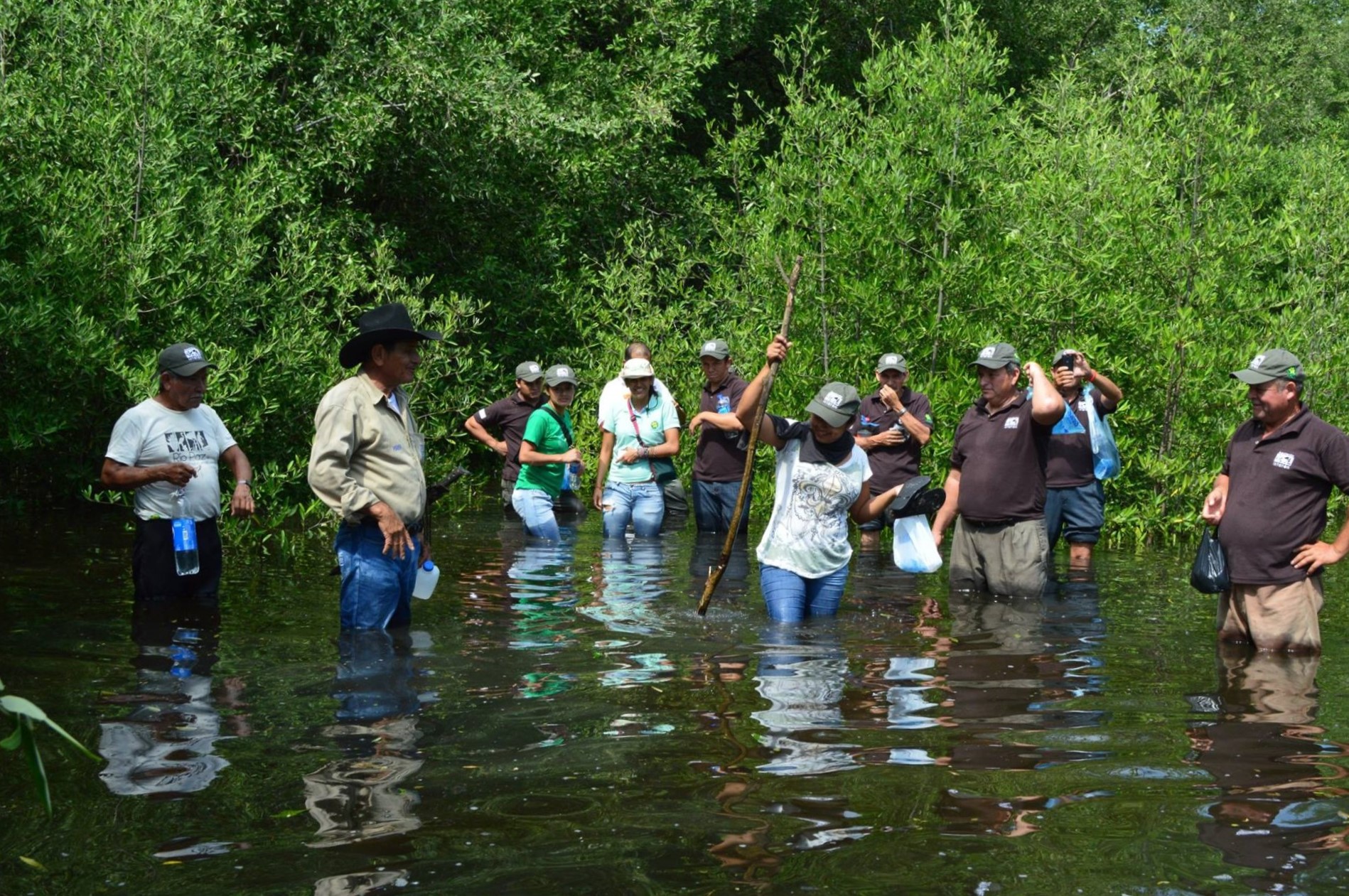
5. Biodiversity. Mangrove ecosystems provide nesting and breeding habitats for fish and shellfish, migratory birds, and sea turtles. An estimated 80% of the global fish catch relies on mangrove forests either directly or indirectly. In the Bay of Jiquilisco, where our Compassionate Impact Grant helped EcoViva protect an additional 15,000 hectares of mangroves, there are at least 2 crocodile, 3 bivalve, 3 crab and shrimp, 4 sea turtle, 9 bird, and 12 amphibian species, as well as numerous species of fish. Several of these animal species are endangered.
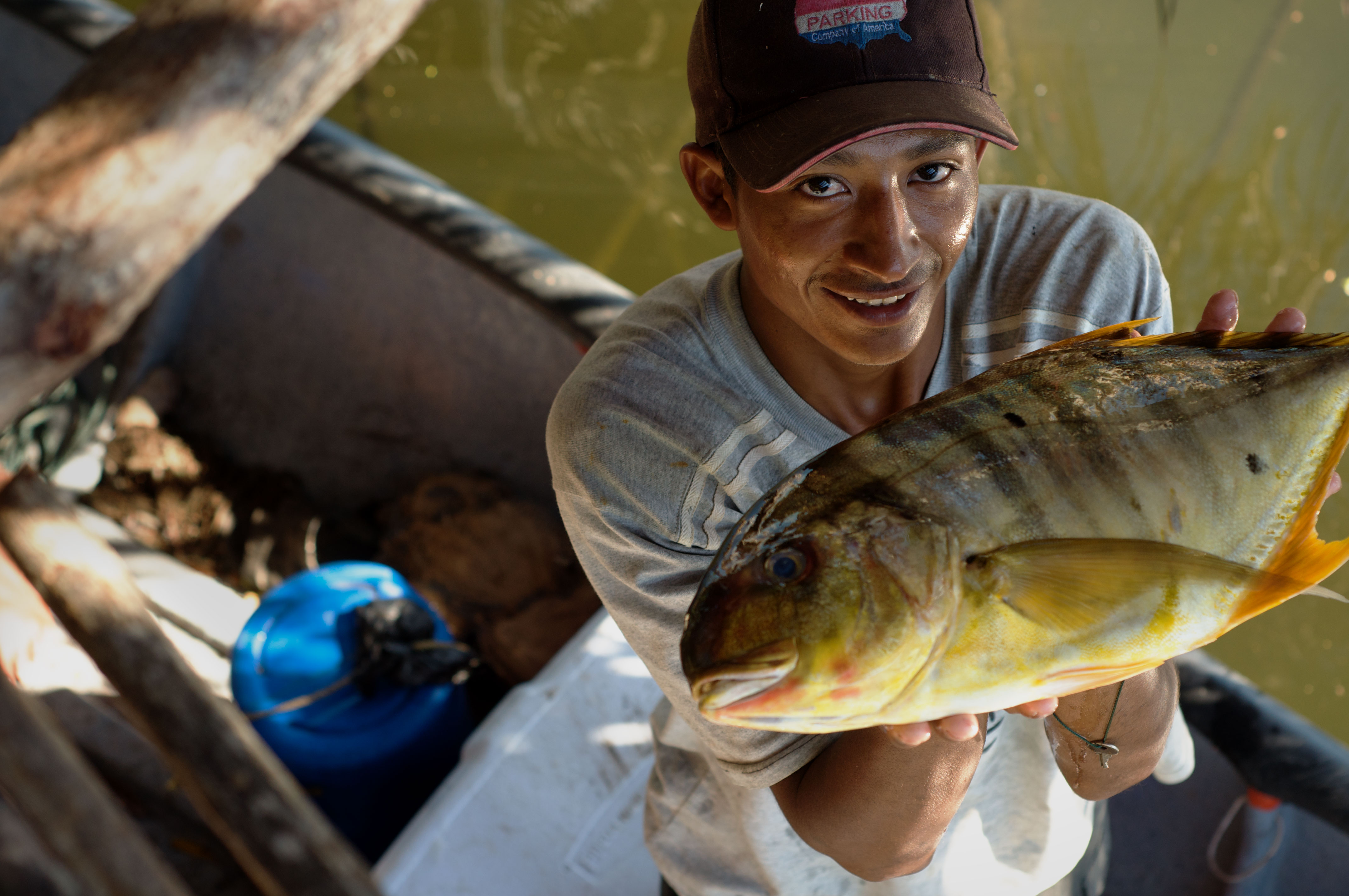
The United Nations Educational, Scientific, and Cultural Organization (UNESCO) recognizes the importance of mangroves not just in El Salvador but worldwide:
“Mangroves are rare, spectacular and prolific ecosystems on the boundary between land and sea. They ensure food security for local communities. They provide biomass, forest products and sustain fisheries. They contribute to the protection of coastlines. They help mitigate the effects of climate change and extreme weather events.
This is why the protection of mangrove ecosystems is essential today. Their survival faces serious challenges —from the alarming rise of the sea level and biodiversity that is increasingly endangered. The earth and humanity simply cannot afford to lose these vital ecosystems.”
EcoViva is a recipient of FBB’s Humanist Grants program. Each year, we provide grants to high impact organizations working in their communities to eradicate poverty, ensure human rights, support quality education, and protect our natural world. We can’t do it without your support. Click here to chip in to the grants program today.
This piece was adapted from an original blog post by EcoViva about the importance of the organization’s work to protect mangrove ecosystems in El Salvador. It was originally published on our blog September 2017.
